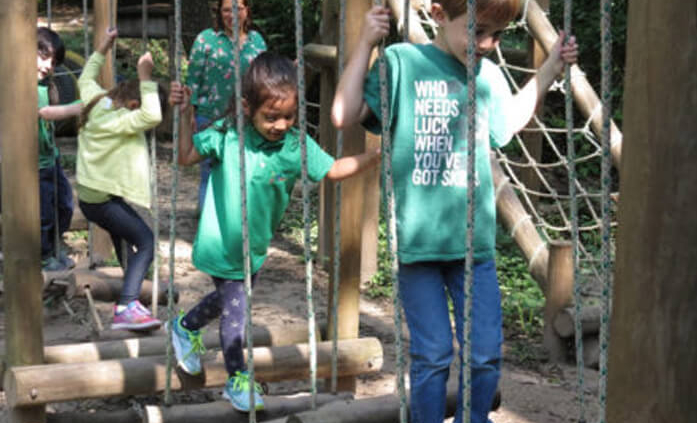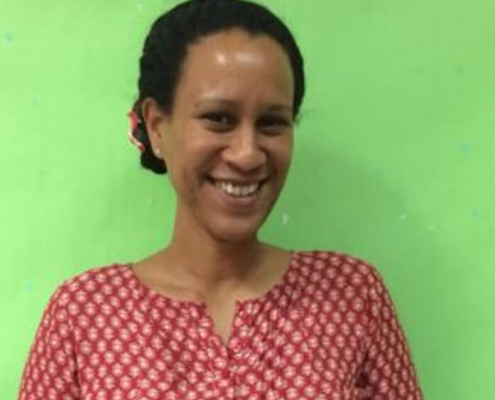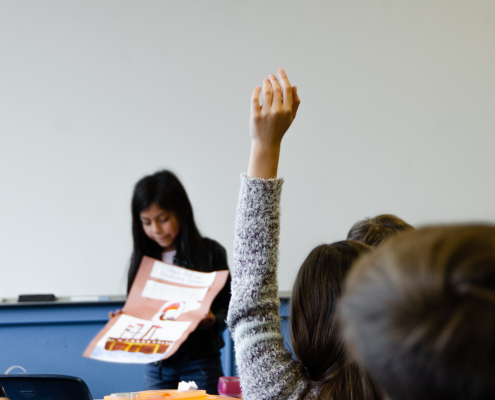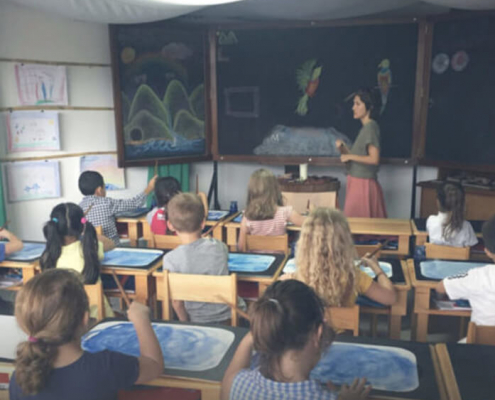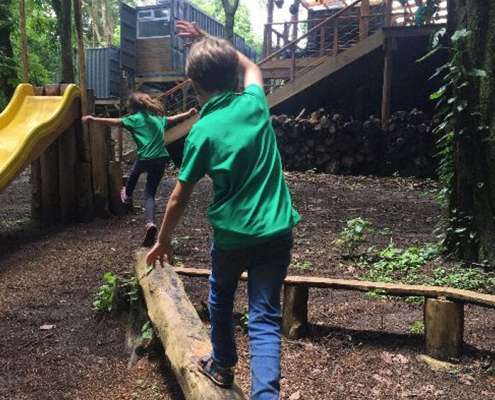How Can We Teach Children To Be Self-Confident?
If we made a list of qualities we wish for our children; being “self-confident” would probably be one of the first things we would all write on that list. We want our children to believe in themselves, speak up for themselves and to have the confidence to be who they truly are. It would be our hope to nurture this quality in them as children so that by the time they reach adulthood they can make decisions that serve them; as well as feeling that they do not have to doubt their worth.
Yet, it is not an easy task to teach this skill as, even as adults, many of us spend years struggling with our confidence. Therefore, I would like to explore the building blocks of self-confidence, the smaller qualities which, when added together, become the behaviors which reflect true inner confidence.
Self-confidence is based on self-love, and the basis of self-love is self-confidence. To help children have more confidence, we must provide them with a safe environment to grow and many opportunities to develop their confidence in themselves and others.

In Waldorf schools, children begin to learn to trust themselves through play. Children carry, measure, build, fall, get hurt and learn the limits by exploring the world through their bodies in the game. They also learn to trust the world through the rhythms and kindergarten routines that make them feel safe and secure.
The importance of rhythm is maintained throughout the Primary School years. The Waldorf curriculum was designed around the Stages of child development, so in this way, children are taught in an environment that is very healthy for them. Their imagination is thoroughly awakened as a well-developed imagination, becomes the free, clear, rational thinking of the adult. Children are regularly challenged with learning new skills e.g. playing the recorder, learning to knit, learning epic poems, etc. and every child participates. In this way children learn the struggle that is learning a new skill, they learn the feeling of accomplishment, and they explore what they really enjoy by having a variety of experiences.
It is vitally important to teach children that it is ok to make mistakes and that mistakes are opportunities to learn. By exploring creative ways of assessing children, we in Waldorf schools take the pressure off children of having their mistakes translated into a grade. Which reduces knowledge to just a number, as opposed to something to treasure and enjoy!
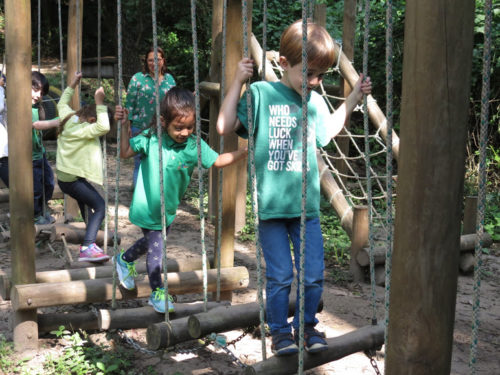
Having one teacher stay with the class for a few years allows for the development of a true connection between the teacher and the child. This relationship truly helps children see school as a safe space to learn, grow and explore!
The child is truly the center of the Waldorf School and this is one of the biggest ways we support the development of self-confidence. Children learn in an environment where they are seen and acknowledged as they are. Our job as Waldorf teachers is to “..Remove the obstacles which stop the child from unfolding their true potential….” When this is combined with the support of the parents, we give our Waldorf children an advantage in learning how to trust and love themselves. And it is our hope that this helps them feel greater confidence in themselves.

